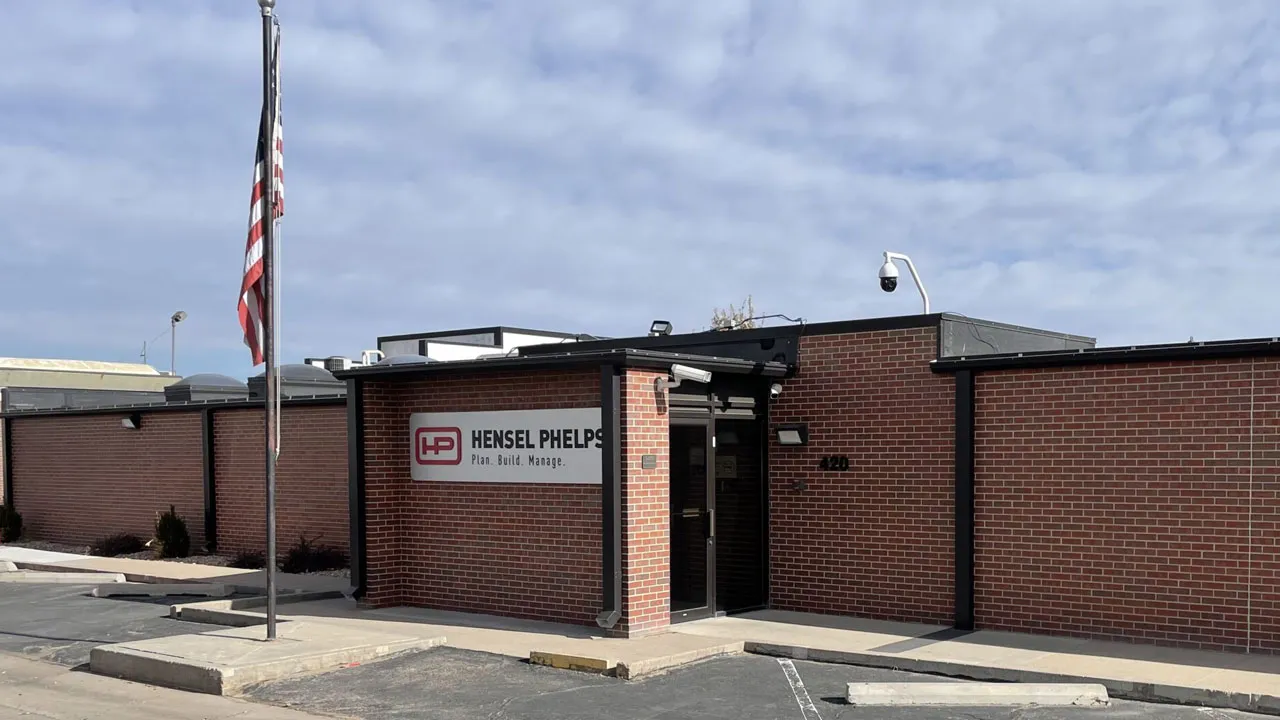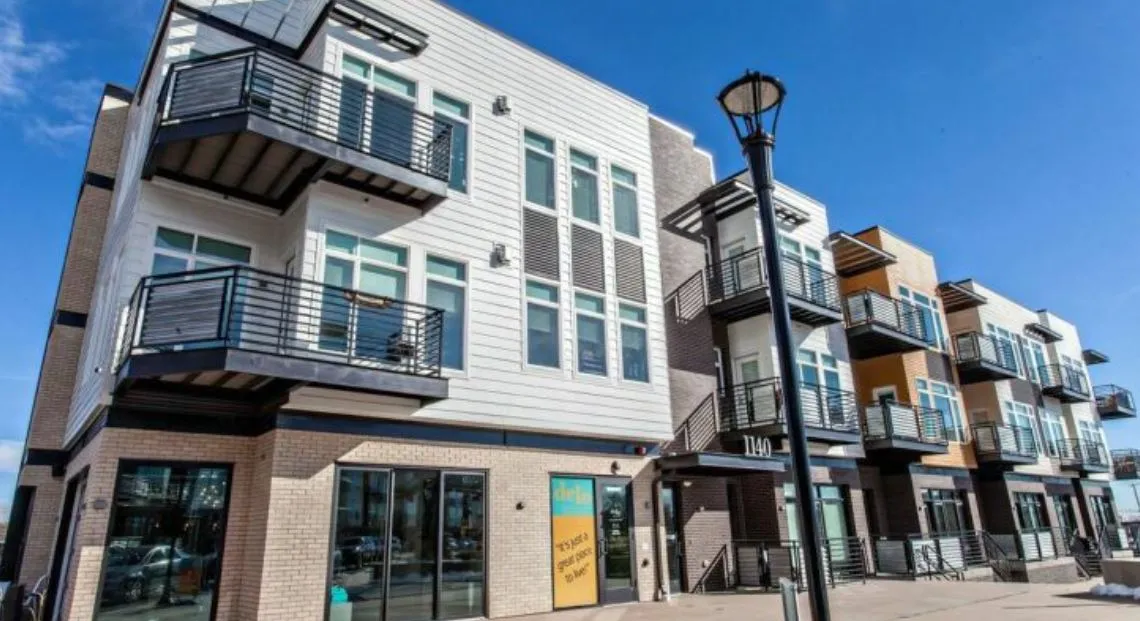Feds will investigate tiny-home nonprofit after learning of Vegas trips

This story first appeared on BusinessDen.com, a BizWest news partner.
A federal agency has been granted permission to fully investigate the books and bank accounts of a bankrupt tiny home builder in Englewood after its preliminary investigation found $860,000 in unexplained money withdrawals and unusual trips to Las Vegas.
The U.S. Trustee Program, an office within the Department of Justice, monitors bankruptcy cases. It can investigate and make criminal referrals in cases of alleged fraud.
On Dec. 20, the U.S. Trustee for Colorado, Patrick Layng, wrote to U.S. Bankruptcy Judge Elizabeth Brown about Holy Ground Tiny Homes. The nonprofit owes $6 million to 188…
THIS ARTICLE IS FOR SUBSCRIBERS ONLY
Continue reading for less than $3 per week!
Get a month of award-winning local business news, trends and insights
Access award-winning content today!




